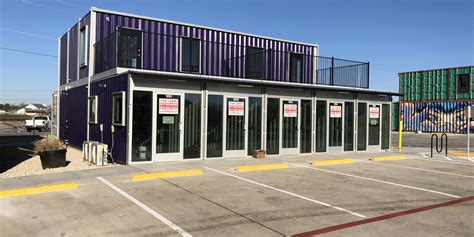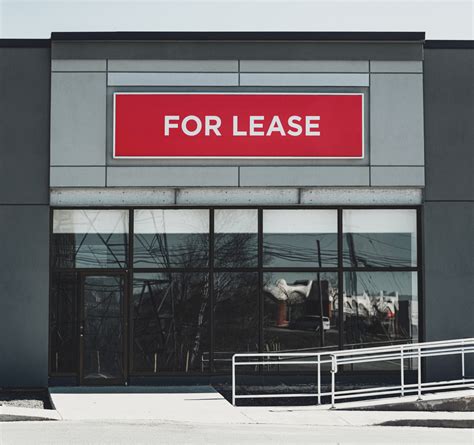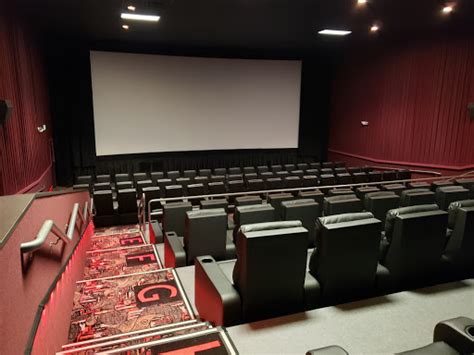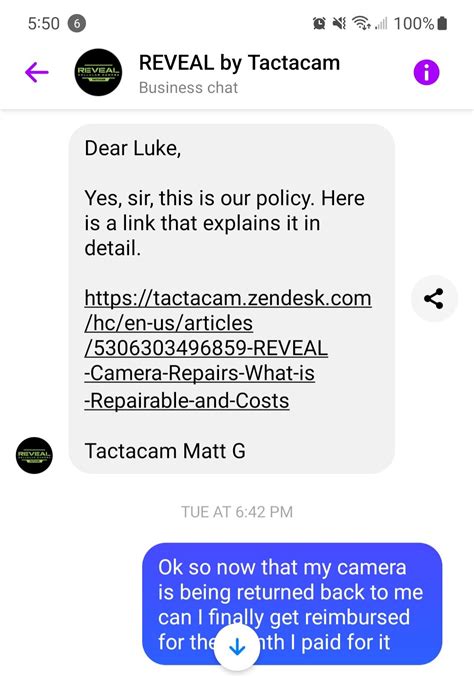Business Rental Space Near Me

When searching for business rental space near you, it's essential to consider several factors to ensure you find the perfect location for your business. The first step is to define your requirements, including the type of space you need, the size, and the amenities that are essential for your operations. This could range from a small office for a startup to a large warehouse for logistics and distribution. Understanding your specific needs will help narrow down the search and focus on spaces that cater to your business model.
The location of the rental space is also crucial. Businesses that rely heavily on foot traffic, such as retail stores or restaurants, will want to be in areas with high visibility and accessibility. On the other hand, businesses that do not require direct customer interaction, such as manufacturing or data centers, might prioritize locations with easier access to transportation hubs or lower operational costs. Additionally, zoning laws and local regulations can significantly impact the suitability of a location for your business, so it's vital to research these aspects thoroughly.
Key Points
- Define your business requirements, including space type and size.
- Location is critical, considering factors like foot traffic, accessibility, and local regulations.
- Evaluate the condition and age of the property, including any needed renovations or upgrades.
- Assess the lease terms, including length, rent, and any penalties for early termination.
- Consider the amenities and services provided, such as parking, security, and utilities.
Understanding Lease Terms and Costs

Once you’ve identified potential spaces, the next step is to understand the lease terms and associated costs. Commercial leases can be complex, with various types such as gross leases, net leases, and percentage leases, each affecting how operational costs are distributed between the landlord and tenant. It’s also important to consider the length of the lease, as longer leases may offer more stability but also limit your flexibility if your business needs change. Additionally, factors like rent increases, security deposits, and any penalties for early lease termination should be carefully reviewed.
Evaluating Property Condition and Needed Improvements
The condition and age of the property can significantly impact your business operations and initial setup costs. Older buildings might offer character and lower rents but could require more maintenance and upgrades to meet modern business needs, such as installing new electrical systems or improving insulation for energy efficiency. On the other hand, newer buildings might come with higher rents but offer more modern amenities and lower maintenance costs. It’s essential to evaluate the property’s condition, considering factors like energy efficiency, technological infrastructure, and compliance with accessibility standards.
| Lease Type | Description | Pros | Cons |
|---|---|---|---|
| Gross Lease | Tenant pays a fixed rent; landlord covers all expenses. | Predictable costs for tenants | Tenants have no control over expenses |
| Net Lease | Tenant pays rent plus some or all of the expenses. | Can be more cost-effective for tenants; incentives for tenants to conserve resources | Less predictable costs for tenants |
| Percentage Lease | Rent is based on the tenant's sales volume. | Aligns rent with business performance | Can be risky if sales are unpredictable |

Technology and Amenities in Business Rental Spaces

In today’s digital age, the technological infrastructure of a rental space can be a deciding factor. High-speed internet, advanced telecommunications systems, and smart building technologies are becoming essential for many businesses. Additionally, amenities such as on-site parking, fitness centers, and cafeterias can significantly impact employee satisfaction and productivity. When evaluating potential spaces, consider what technologies and amenities are must-haves for your business and ensure that the space can either provide them or be easily upgraded to do so.
Sustainability and Energy Efficiency
As concern for the environment grows, businesses are increasingly looking for rental spaces that are sustainable and energy-efficient. This not only contributes to a positive corporate image but can also lead to cost savings through reduced utility bills. Features such as solar panels, rainwater harvesting systems, and green roofs can make a property more attractive. Moreover, energy-efficient appliances, LED lighting, and well-insulated buildings can reduce operational costs and create a healthier indoor environment.
In conclusion, finding the right business rental space near you involves a careful consideration of your business needs, the location, lease terms, property condition, and the amenities provided. By thoroughly evaluating these factors and seeking professional advice when needed, you can find a space that supports your business's growth and success.
What are the key factors to consider when looking for business rental space?
+The key factors include defining your business requirements, location, lease terms, property condition, and the amenities provided. Each of these aspects can significantly impact your business operations and success.
How do different types of commercial leases affect my business costs?
+Different types of leases, such as gross, net, and percentage leases, distribute operational costs between the landlord and tenant in various ways. Understanding these differences is crucial for predicting and managing your business expenses.
Why is the technological infrastructure of a rental space important?
+A strong technological infrastructure, including high-speed internet and smart building technologies, can enhance business operations, productivity, and competitiveness in today’s digital landscape.



